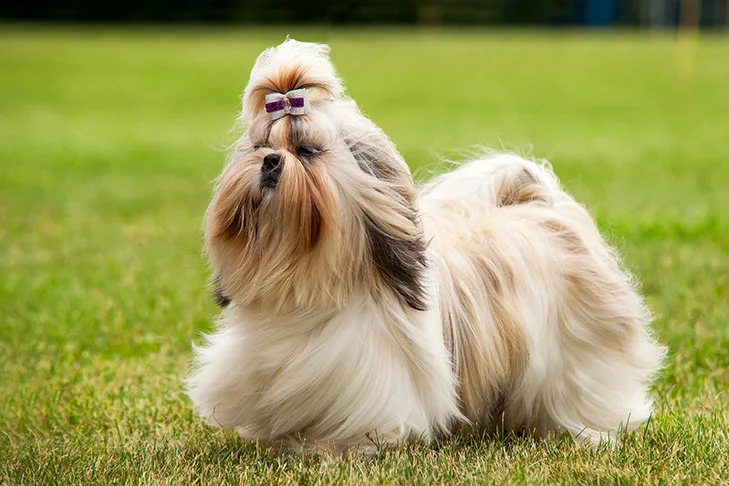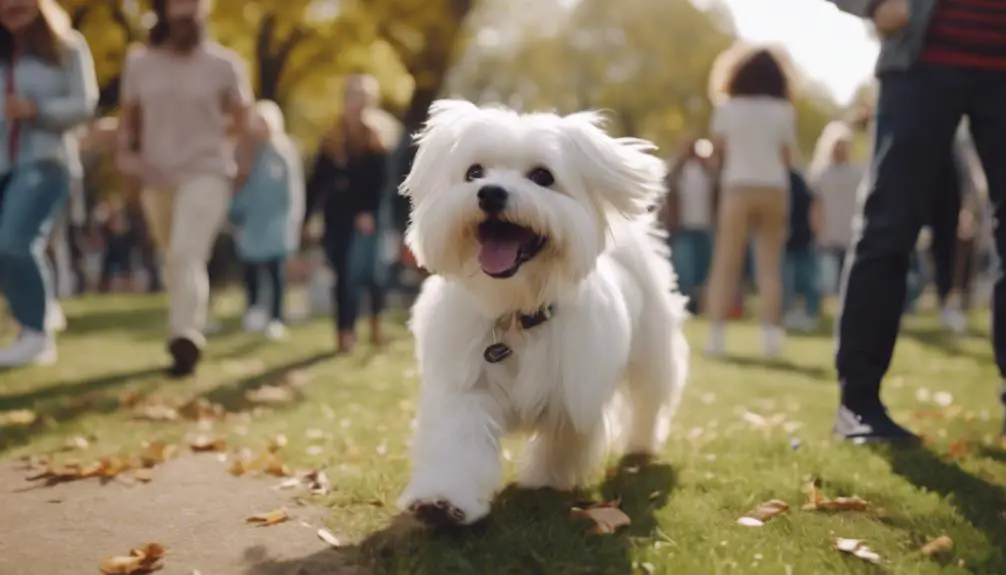
Shih Tzus are cherished for their affectionate nature and charming personalities. Understanding their lifespan is crucial for responsible pet ownership, enabling you to provide the best care and maximize the years you have with your furry friend. Typically, Shih Tzus live between 10 to 16 years, but this range can vary based on several factors, including genetics, diet, exercise, health care, and lifestyle. Let’s delve deeper into these factors to understand how they impact the lifespan of Shih Tzus and what you can do to ensure your pet enjoys a long, healthy life.
Factors Affecting Lifespan
Genetics
Genetics play a significant role in determining the lifespan of a Shih Tzu. Like many purebred dogs, Shih Tzus can inherit certain health conditions from their parents. Responsible breeding practices are essential to minimize the risk of genetic disorders. When choosing a Shih Tzu puppy, it’s important to select a reputable breeder who conducts health screenings on their breeding dogs. This can help ensure that hereditary conditions, such as hip dysplasia, brachycephalic syndrome, and certain eye disorders, are less prevalent in your puppy.
Common Genetic Conditions in Shih Tzus:

- Hip Dysplasia: A condition where the hip joint is malformed, leading to arthritis and pain.
- Brachycephalic Syndrome: Due to their flat faces, Shih Tzus are prone to breathing difficulties.
- Eye Disorders: Conditions like progressive retinal atrophy (PRA) and cataracts can affect vision.
Diet and Nutrition
Proper nutrition is fundamental for maintaining the health and extending the lifespan of your Shih Tzu. A balanced diet provides the necessary vitamins, minerals, and nutrients that support overall health. High-quality commercial dog food specifically formulated for small breeds is a good choice, but you can also prepare a home-cooked diet under the guidance of a veterinarian to ensure it meets all nutritional requirements.
Diet Tips:
- Age-Appropriate Food: Puppies, adults, and seniors have different nutritional needs.
- Portion Control: Avoid overfeeding to prevent obesity, which can lead to numerous health issues.
- Avoid Harmful Foods: Some human foods, such as chocolate, grapes, and onions, are toxic to dogs.
Regular Exercise

Exercise is essential for keeping your Shih Tzu fit and healthy. Regular physical activity helps maintain a healthy weight, strengthens the cardiovascular system, and promotes mental well-being. Shih Tzus don’t require extensive exercise, but they do need daily walks and playtime.
Exercise Recommendations:
- Daily Walks: Aim for at least 30 minutes of walking per day.
- Interactive Play: Engage in games like fetch or tug-of-war to keep them active.
- Avoid Overexertion: Be mindful of their breathing and avoid intense exercise in hot weather due to their brachycephalic nature.
Health Care

Routine veterinary care is crucial for early detection and treatment of health issues. Regular check-ups allow your vet to monitor your Shih Tzu’s health and catch any problems before they become serious. Preventive care, including vaccinations, parasite control, and dental care, is vital for maintaining your pet’s health.
Health Care Checklist:
- Annual Exams: Regular health check-ups to monitor overall well-being.
- Vaccinations: Keeping up with vaccinations to prevent infectious diseases.
- Dental Care: Regular teeth cleaning to prevent dental diseases.
Tips for Prolonging Lifespan

Balanced Diet
Providing a nutritious diet tailored to your Shih Tzu’s specific needs is key to their longevity. Ensure their food contains the right balance of protein, fats, carbohydrates, vitamins, and minerals. Avoid feeding them table scraps and unhealthy treats that can lead to obesity and other health issues.
Regular Exercise
Incorporate regular exercise into your Shih Tzu’s routine to keep them physically and mentally stimulated. Daily walks, interactive play sessions, and training exercises can help maintain their fitness and prevent boredom.
Proper Grooming

Shih Tzus have long, luxurious coats that require regular grooming to prevent matting and skin infections. Brush their coat daily to remove tangles and dirt, and bathe them regularly using a gentle dog shampoo. Don’t forget to trim their nails, clean their ears, and maintain good oral hygiene to prevent dental issues.
Routine Vet Visits
Schedule regular veterinary check-ups to monitor your Shih Tzu’s health and address any issues early. Follow your vet’s recommendations for vaccinations, parasite prevention, and dental care. Keep an eye out for any changes in behavior or physical condition and consult your vet if you notice anything unusual.
Mental Stimulation
Mental stimulation is just as important as physical exercise. Engage your Shih Tzu in activities that challenge their mind, such as puzzle toys, training sessions, and socialization with other dogs. This helps keep them mentally sharp and reduces the risk of behavioral problems.

Conclusion
Understanding the factors that influence your Shih Tzu’s lifespan and taking proactive steps to address their needs can help ensure a long, healthy, and happy life for your beloved pet. By providing a balanced diet, regular exercise, proper grooming, and routine veterinary care, you can maximize the years you share with your furry friend.
Owning a Shih Tzu requires dedication and commitment, but the love and companionship they offer make it all worthwhile. With the right care and attention, your Shih Tzu can enjoy a fulfilling life by your side, bringing joy and happiness to your home.


